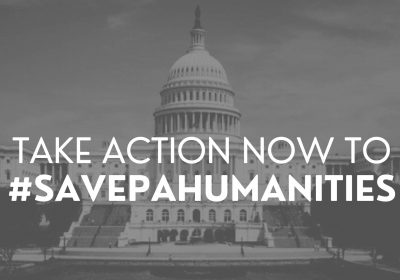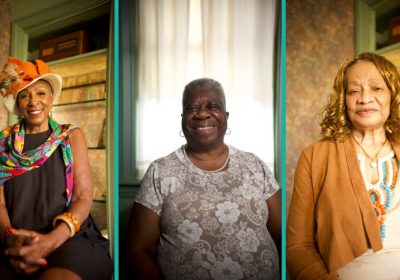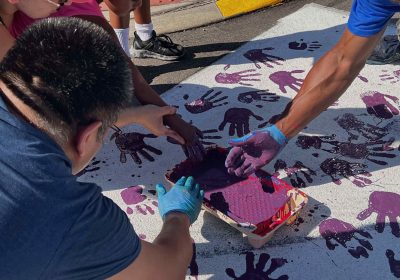By Maia Schwallie
Brandywine Community Library Teen Reading Lounge participants Zach Hadley, Addie Schlegel, and Zoey Demerjian may be young, but these teens are sure about one thing: they don’t want any adults censoring their learning.
Born in the final years of Generation Z, Hadley, Schlegel, and Demerjian are growing up in the age of social media. With such easy access to the internet, these teens are well aware of the problems our country faces—from climate change, to attacks against queer youth, to the censoring of our nation’s often troubling history. In some areas, school boards, parents, and government officials are trying to keep what they deem to be controversial titles out of libraries. By challenging or banning books from schools and libraries, children and teens lose access to diverse storytelling.
“[Parents who challenge books] don’t want to show their kids some real aspects of the world just yet…” Schlegel said. “They think that if they don’t let their kid read about this, then it’s not a problem.”
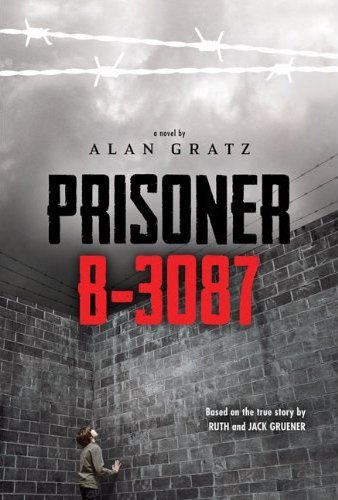
The Teen Reading Lounge (TRL) program at Brandywine Community Library is fighting the idea that teens are too young to discuss and engage with controversial topics. TRL is PA Humanities’ award-winning, unconventional approach to book clubs that offers a safe space for young people to ask questions, share ideas, discover who they are, and understand their role in the community. This TRL location, facilitated by Youth Services Coordinator Amber Hadley, began earlier this year and has already been up to some exciting projects.
So far, the teens have been reading and discussing Prisoner B-3087 by Alan Gratz, an author whose work Two Degrees was challenged by a neighboring school district in Kutztown, PA. Hadley explained that once her teens heard Two Degrees was challenged, they were interested in reading a book by Gratz.
“My teens were hearing the chatter about what was happening, and they wanted to know why it was being challenged,” she said. “I think they’re just really curious in our climate of books and everything to see why some adults are banning books or challenging books. They wanted to explore more.”
Allowing teens to lead and make decisions as a group is an integral part of the TRL program. At Brandywine, they chose to read Prisoner B-3087, a novel that follows a young Jewish boy during the Holocaust as he is forced to live and work in ten concentration camps, because they were interested in learning more about the Holocaust. She said their discussions about the novel are organized chaos and energetic.

“They decided the book we would be reading, and, more importantly, they did not want this to feel like school,” Hadley said. “They did not want it to feel like a standard book club.”
Through reading Prisoner B-3087, Schlegel feels she is learning more deeply about the horrors of the Holocaust than she has in school.
“In school, they really just tell us the basics of what happened,” she said. “They don’t go into detail about stories of survivors.”
The teens also had the opportunity to discuss the Holocaust with a group of German exchange students, a conversation facilitated by Hadley and her husband, who is a German teacher in Kutztown. The teens learned that the Holocaust is treated differently in Germany than in the United States.
“It was interesting because we learned as a group that the German perspective is they don’t like talking about the Holocaust,” Hadley said of herself and the teens. “They feel like, as Americans, we… not glorify, but war in general we glorify. We always have to have the good guys versus the bad guys, while for them, this is just a stain in their history and they are ashamed of it.”
Another vibrant conversation the teens engaged in was with Gratz himself at Firefly Bookstore in Kutztown. The bookstore invited Gratz to speak about Two Degrees and respond to the book’s recent controversy. The bookstore also gave free copies of Two Degrees to all interested community members and each member of Brandywine TRL. Amber said the conversation was phenomenal and well-attended.
Demerjian explained that Gratz was extremely personable.
“It felt like I was talking to a person who just so happens to write books,” she said.
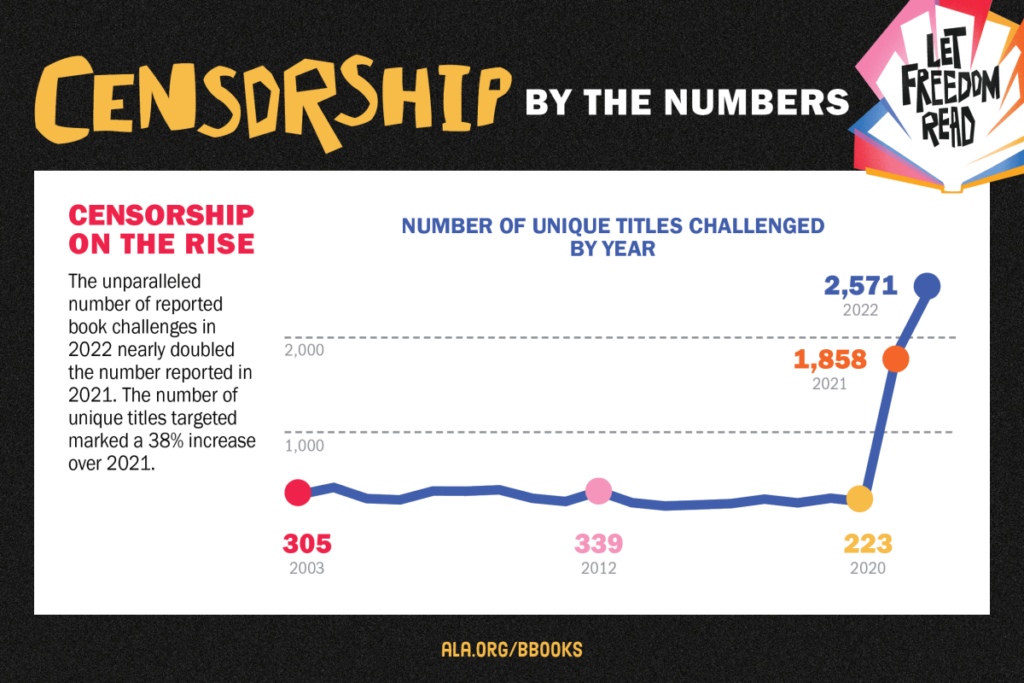
All three teens expressed that they are against book banning, but are often more likely to read a book if they know it has been banned or challenged.
“Sometimes I read banned books purely out of spite…” Demerjian said.
Schlegel said that she does not see the purpose of banning books just because some people disagree with its content.
“There’s always going to be people who disagree with a book, but there’s probably going to be even more people who agree with it,” Schlegel shared. “What’s the point of labeling it a banned book and making it harder for others to be able to read it?”

To accompany their reading of Prisoner B-3087, the members of the Brandywine TRL program are taking a trip to the United States Holocaust Memorial Museum in Washington, D.C. Demerjian said that this trip will be a good opportunity to learn information about the Holocaust that she was not taught in school.
Though the teens at the Brandywine TRL program have been discussing heavy topics like censorship and the Holocaust, Hadley said that her location has a lot of fun together. Brandywine’s location also has impressive attendance, with 18 teens regularly attending meetings.
Hadley attributes part of this success to her cooking, as every meeting she brings in a light dinner to make sure all of the teens are well-fed.
“They keep coming back because I feed them,” she joked. “But also, I think I just have a really great group of teenagers. A lot of them are friendly with each other outside of this program… they kind of just get together and be goofy.”
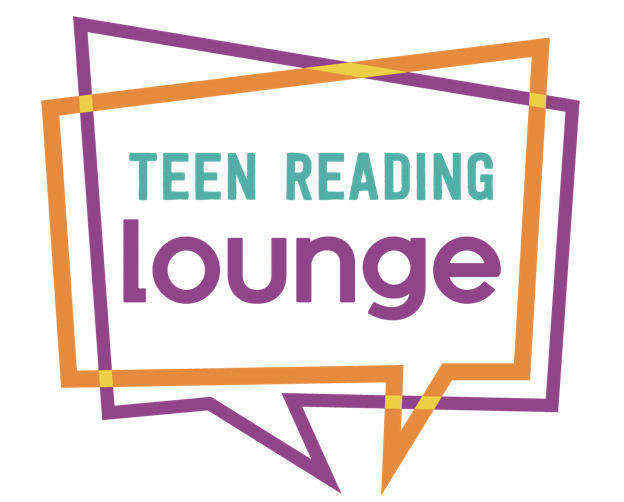
Teen Reading Lounge is made possible by Library Services and Technology Act (LSTA) funds from the U.S. Institute of Museum and Library Services administered by the Office of Commonwealth Libraries, Department of Education, Commonwealth of Pennsylvania, Josh Shapiro, Governor. The views, findings, conclusions, or recommendations expressed in this website do not necessarily represent those of the U.S. Institute of Museum and Library Services or the Department of Education, Commonwealth of Pennsylvania. Additional support is provided by the National Endowment for the Humanities, generous individuals, foundations, and corporations.
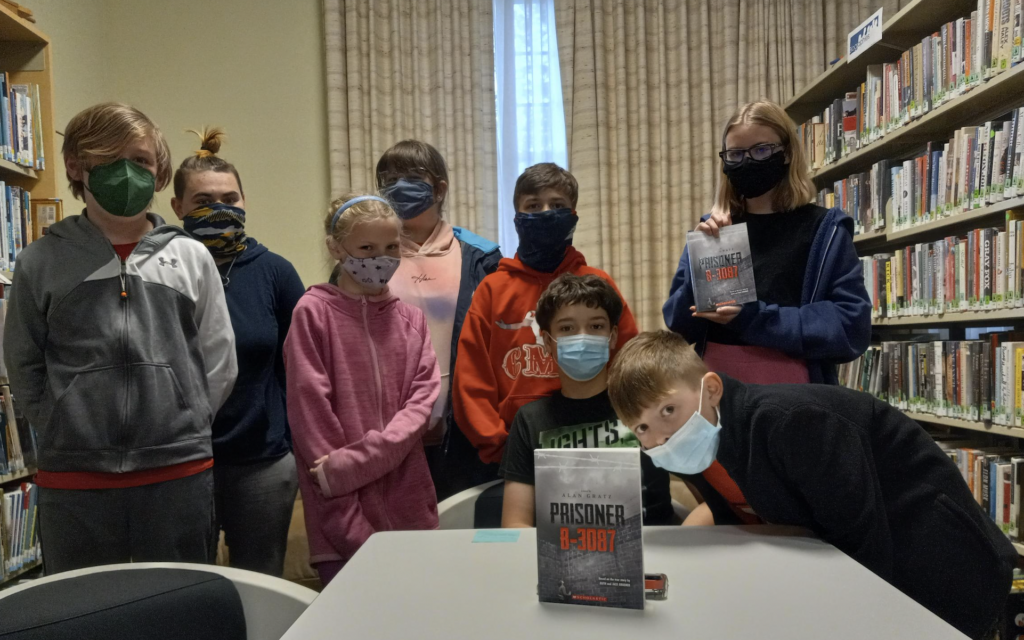
![[color – dark bg] PA SHARP FINAL FILES DB 72dpi [color - dark bg] PA SHARP FINAL FILES DB 72dpi](https://pahumanities.org/uploads/files/elementor/thumbs/color-dark-bg-PA-SHARP-FINAL-FILES-DB-72dpi-phgl7aimtfdpzt2rscvl43ksfv3asbbls19lsvuacw.jpg)
